Herbs That Grow Well in Zones 5 and 6?
eibren
14 years ago
Featured Answer
Comments (11)
brendan_of_bonsai
14 years agolast modified: 9 years agogringojay
14 years agolast modified: 9 years agoRelated Professionals
Eden Prairie Landscape Architects & Landscape Designers · Edmond Landscape Contractors · Lake Saint Louis Landscape Contractors · Lexington Landscape Contractors · Oakland Landscape Contractors · Snoqualmie Landscape Contractors · West Chicago Landscape Contractors · Atlanta Carpenters · North Hollywood Carpenters · Pataskala Carpenters · Snellville Carpenters · Portage Roofing & Gutters · Red Bank Roofing & Gutters · Syracuse Roofing & Gutters · Burlington Roofing & Guttersrusty_blackhaw
14 years agolast modified: 9 years agoeibren
14 years agolast modified: 9 years agofatamorgana2121
14 years agolast modified: 9 years agosimplemary
14 years agolast modified: 9 years agoeibren
14 years agolast modified: 9 years agosimplemary
14 years agolast modified: 9 years agosimplemary
14 years agolast modified: 9 years agofatamorgana2121
14 years agolast modified: 9 years ago
Related Stories
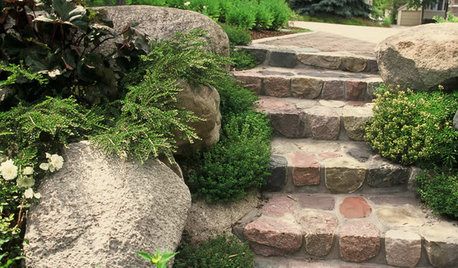
EDIBLE GARDENSHerb Garden Essentials: How to Grow Thyme
Common thyme and its flavorful cousins are anything but ordinary in the garden
Full Story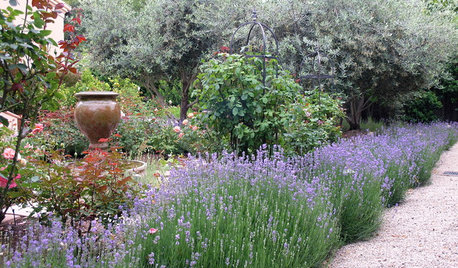
FLOWERSHerb Garden Essentials: Grow Your Own Fragrant Lavender
This do-it-all plant is ideal for almost any garden, and its uses are abundant around the home
Full Story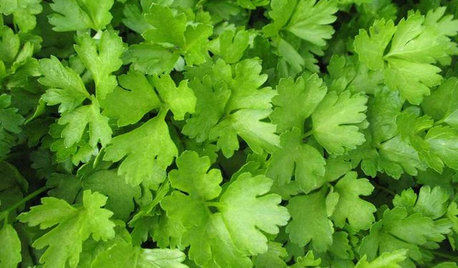
EDIBLE GARDENSHerb Garden Essentials: Grow Your Own Parsley
Mere garnish no more, parsley comes in flavorful and interesting varieties to decorate the garden and jazz up your cooking
Full Story0
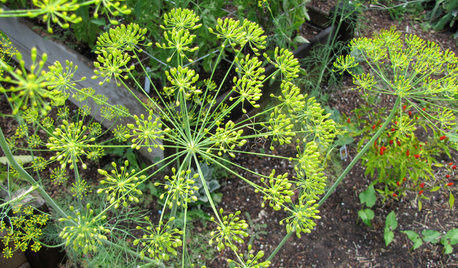
EDIBLE GARDENSHerb Garden Essentials: Grow Your Own Tasty, Frilly Dill
Flavor your food and attract butterflies with easy-care (and pretty) dill in the garden
Full Story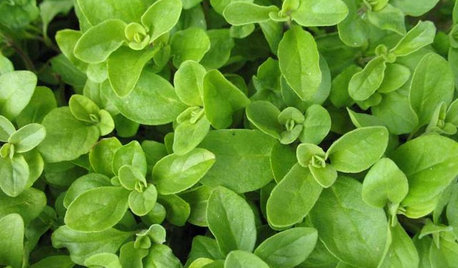
EDIBLE GARDENSHerb Garden Essentials: Grow Your Own Oregano and Marjoram
Say 'buon giorno' to classic Italian herbs you can grow just as easily in pots as in the summer garden
Full Story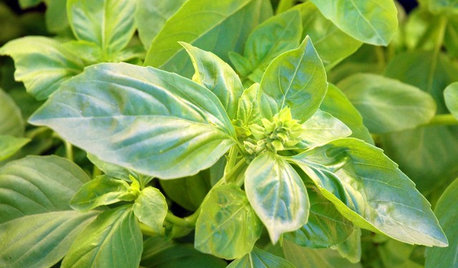
SUMMER GARDENINGHow to Grow Basil
Bright color, quick growth and endless uses for cooking make this summer annual a winner in the garden or a pot
Full Story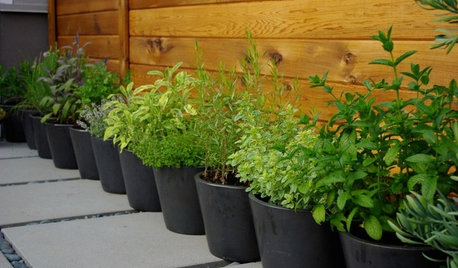
GARDENING GUIDES6 Ways to Grow Edibles in Small Places
No big backyard? Join in the grow-your-own fun with these small-space ideas for planting vegetables, fruits and herbs
Full Story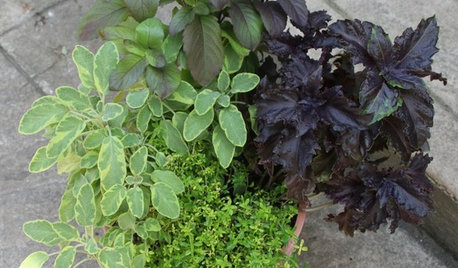
CONTAINER GARDENS8 Easy Container Plants to Grow From Seed
Get beautiful blooms and herbs in summer by starting these choice garden picks from seed in spring
Full Story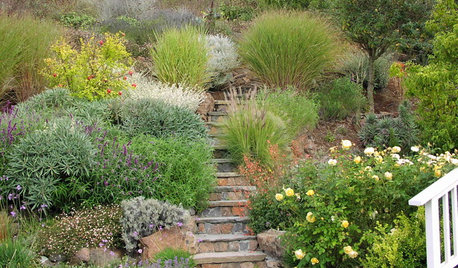
GARDENING GUIDESYes, You Can Grow an Edible Garden on a Hot, Dry Site
Difficult garden spots don’t need to deter you from planting trees, herbs and other delicious food plants
Full Story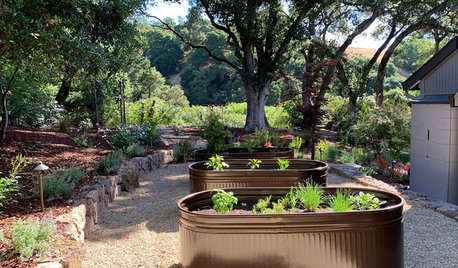
FARM YOUR YARD6 Things to Know Before You Start Growing Your Own Food
It takes time and practice, but growing edibles in the suburbs or city is possible with smart prep and patience
Full Story





dral